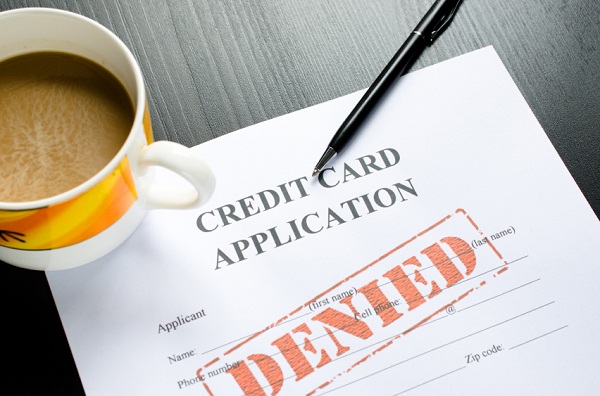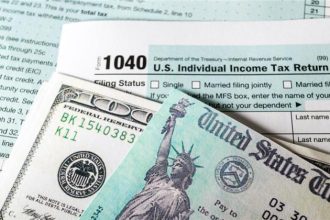Credit Sesame discusses some obscure reasons for getting rejected for a loan, credit card or mortage.
It’s no surprise when a personal loan is declined because of a poor credit history. But getting rejected for a loan despite having a good credit score can be frustrating and confusing. Even individuals with excellent credit can face denials. Here are some obscure reasons why you might be turned down and what you can do about it.
Debt management missteps
There are a couple of ways your credit management habits, even with a good score, might raise red flags for lenders.
- Pyramiding Debt. This refers to the practice of repeatedly paying off existing debt with new credit. Lenders may deny your application if they see a trend indicating that you don’t have the capital to manage your debt effectively. Fix this by reducing your spending and paying down your existing debt to improve your credit utilization ratio. Demonstrating a stable income and responsible credit management will make you a more attractive candidate for new credit.
- Credit utilization maneuvers. While a low credit utilization ratio (amount of credit used compared to total limit) is ideal, drastically increasing your available credit to artificially lower your credit utilization can backfire. It might suggest that you’re constantly seeking more credit. Fix this by consulting with your lender to understand what specific actions they would like to see. This might involve paying down some of your current debt or increasing your income. If you decide to close credit accounts, prioritize closing newer ones since older accounts are more beneficial to your credit score.
Debt-to-income tightrope
The amount of credit you have access to compared to your income can also play a role in loan approvals.
- Too much available credit. Having an excessive amount of available credit with a modest income can be a concern for lenders. They worry about the potential risk of you taking on more debt than you can handle. Fix this by talking to your lender to discuss their specific concerns and see if there are ways to address them, such as reducing your credit limit on certain accounts. If increasing your income is an option, that can improve your loan application’s attractiveness in the long run.
The inactivity trap
Lenders want to see a record of responsible credit usage, not just open accounts.
- Inactive credit lines. Simply having credit cards and loans isn’t enough; they need to be active. If you haven’t used your credit cards in several months or if your loans are in deferment, lenders may view your recent credit history as insufficient to gauge your ability to repay Fix this by using your credit responsibly. Make regular payments on existing loans or use your credit cards periodically. If you need a new credit card, consider applying with local lenders, such as credit unions or your bank.
Economic downturn
Even a good credit score might not be enough in an uncertain economic climate.
- Economic factors. Sometimes, lenders might deny your application due to worsening economic conditions in your area. Even with solid credit and a stable job, lenders may be cautious about issuing loans in a volatile economic climate. Fix this by shopping around for other lenders. While multiple credit inquiries can impact your score, 2 or 3 in a year are considered normal, and any resulting dip will be temporary.
Mortgage loan blues
There are a few additional factors more specific to mortgage applications.
- Down payment shortfall. Most mortgage lenders require a down payment, typically a percentage of the property value. A lower down payment increases the lender’s risk and might lead to rejection. Fix this by saving diligently to increase your down payment. Consider delaying your home purchase to reach your target down payment amount. Explore government loan programs or down payment assistance options that might require a lower down payment.
- Savings slump. Lenders want to see a healthy amount of savings to cover closing costs and unexpected expenses. A lack of savings can raise concerns about your financial stability. Fix this by creating a budget and focusing on saving consistently. Aim to save enough to cover at least 3-6 months of living expenses in addition to closing costs.
- Employment hiccups. Stable employment and a history of consistent income are crucial for securing a mortgage. Recent job changes or gaps in employment can be red flags for lenders. Fix this if you’re self-employed by being prepared to document your income with tax returns and financial statements. Consider waiting to apply for a mortgage until you have established a consistent employment history.
Understanding these potential reasons for loan rejection can help you take steps to improve your creditworthiness and increase your chances of approval in the future.
If you enjoyed Good credit score but still rejected for a loan? you may like,
Disclaimer: The article and information provided here are for informational purposes only and are not intended as a substitute for professional advice.
Read the full article here
















